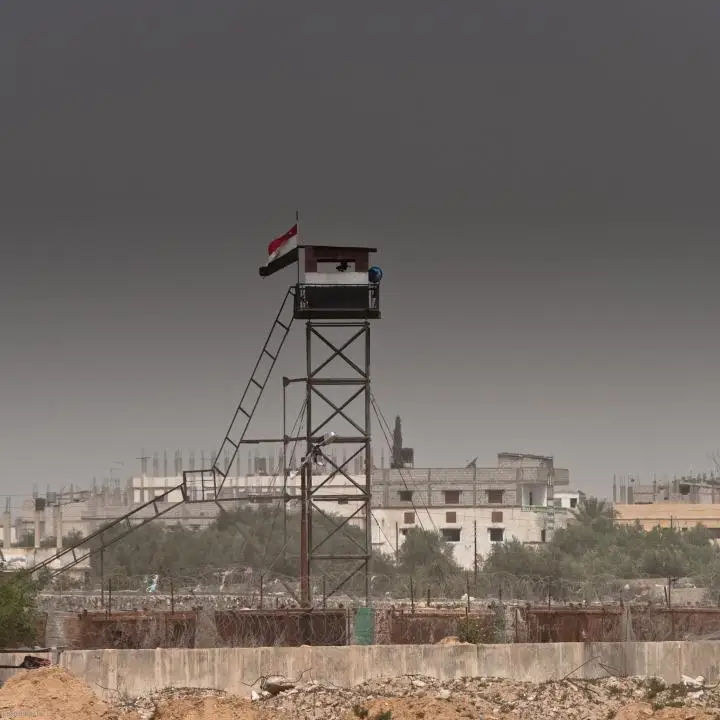The Israeli military’s presence in the Philadelphia Corridor — the narrow border strip between Gaza and Egypt’s Sinai — has emerged as a potential flashpoint in Egypt-Israel relations. While the 1979 peace treaty remains a pillar of regional stability, Cairo views Israel’s control over this corridor as a provocation that undermines long-term security in Gaza and risks inflaming public anger in Egypt.
Mohamed Farid and Mohamed Maher analyze how the Gaza war, mounting domestic pressures, and the breakdown of recent cooperation threaten to erode decades of pragmatic security and economic ties between the two countries. The authors warn that unless Israel rethinks its approach, the Philadelphia Corridor could become a symbol of distrust with serious regional consequences.
Key Points
- Strategic Context
- Historic partnership: Since 1979, Egypt-Israel peace has been a stabilizing factor, rooted in pragmatic cooperation despite political and public coldness.
- Security cooperation: Both states coordinated in counterterrorism efforts in Sinai and shared intelligence against ISIS-affiliated militants.
- Economic links: Initiatives like the Qualifying Industrial Zones (QIZ), natural gas trade, and tourism boosted bilateral ties.
- Shift After Gaza War
- Israeli military presence in the Philadelphia Corridor and seizure of the Rafah crossing have led Egypt to close its side and demand Israel’s withdrawal.
- Economic cooperation has declined — QIZ factory output is down 20% from 2022.
- Red Sea instability, Houthi threats, and Suez Canal revenue drops add to Egypt’s economic strain.
- Rising Domestic Pressures in Egypt
- Public anger over civilian casualties in Gaza fuels boycott campaigns and street protests.
- Some Egyptian lawmakers have called for re-evaluating — even tearing up — the peace treaty.
- The government faces a balancing act between honoring its treaty obligations and addressing mounting popular demands for a firmer stance.
- Cairo’s Critique of Israeli Strategy
- Egypt sees Israel’s reliance on short-term military tactics as undermining the Palestinian Authority and empowering Hamas.
- Cairo joined South Africa’s ICJ genocide case against Israel and halted aid coordination through Rafah to pressure for a ceasefire.
- Netanyahu’s focus on the corridor is viewed in Cairo as political maneuvering rather than genuine security need.
- Risks to the Peace Framework
- Persistent control over the Philadelphia Corridor risks long-term damage to Egypt-Israel relations.
- Egypt already faces security challenges on multiple borders (Sudan, Libya, Gaza) and cannot afford a new front.
- While neither side wants open conflict, continued tensions could strain the only stable border Israel has in its current regional environment.
Core Values & Themes
- Preserving peace through diplomacy while safeguarding sovereignty.
- Skepticism toward militarized solutions that ignore political resolutions.
- Balancing domestic legitimacy with regional stability.
- Defending Egypt’s role as a neutral mediator in Middle Eastern conflicts.

